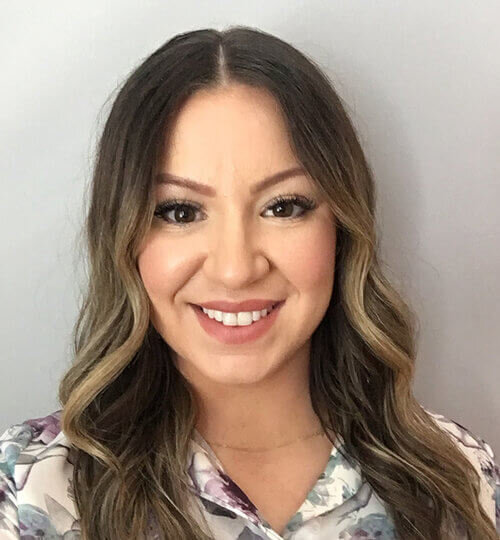It’s your call!
Is it your desire to provide care to clients with effective psychotherapy, but wondering about the next step in your career? I am Dr. Ralph Lubbers, a psychologist and owner/clinical director, at Advance Health. The paragraphs below will help you consider whether a group practice setting is something to explore further.
You are the author of this next chapter in your life journey. You retain control, you make the decisions, and you set off in the direction that you determine is best for you. When you look back at this time in your life you want to conclude that you did what was best for you and your circumstances.
A group practice setting is not for everyone. However, in today’s professional practice marketplace, there are compelling reasons to make it the best option for you.
Whether newly licensed or a seasoned clinician, you may find that marketing and administration are not areas of passion or interest, and may not be where you want to spend your time. You did not complete years of study (and sacrifice) to find that you must now learn another set of new skills never mentioned in graduate school.
Successful practice management often requires many years of trial, error, and frustration as you figure it out. I know! I have been in practice for 20 years. Advance Health has put together the pieces to make it a real option for you as a successful clinician in psychology and psychotherapy.
These are the four biggest miscalculations when considering solo and group practice options:
Forgetting to account for the initial years and costs required to gain the knowledge and skills to run a practice (e.g., practice systems, bookkeeping, insurance billing, web design, marketing, etc.).
Failing to consider the hours of administrative work required to run a successful practice - hours that keep you up late at night and on the weekend. A typical solo practice clinician/business owner, in addition to seeing clients, spends at least 12 hours per week in non-clinical tasks (e.g., answering phones, invoicing/bookkeeping, insurance billing, maintaining a website, marketing, networking, social media, communicating with accountants, etc.). These are hours you can use in a group practice setting either to see more clients or to pursue your personal commitments and interests.
Confusing gross revenue with take home pay (they are not the same). The solo practitioner spends thousands of dollars on operating expenses (e.g., overhead, rent, administrative costs/fees, marketing, etc.). When you account for the extra hours per week, your earnings per working hour are often not more in a solo practice. If you enjoy long work hours, you can choose to use those extra hours in a group practice to help your clients, rather then being trapped by administrative work in a solo practice.
Forgetting the feeling of freedom you have when the business parts of practice are some else’s responsibility (e.g., paying rent when you take a sabbatical or maternity leave, sourcing new office furniture, checking whether your advertising is giving you value for your spend, etc.).
Benefits of Group Practice
Many therapists have proven to themselves they can run a practice. They have also proven they don’t want to! Here are the reasons why:
You are not alone. A group practice provides a community of peers for consultation and support. You get to work alongside like-minded professionals - other clinicians to learn from and to share with the joys (and challenges) of clinical work.
Reduced business hassle. This appeals to clinicians who don’t want to stay up until 2 a.m. to figure out why insurance claims aren’t going through. A group practice will carry the bulk of the non-clinical work, such as, intake, scheduling, overhead costs, marketing/advertising, insurance billing/collections, negotiate leases/credit card fees, set up office/practice management systems, hiring/training admin support, etc..
Work-life balance. In group practice you can focus on providing excellent client service, therapist self-care, and work-life balance (i.e., including family/community). No need to acquire skills in marketing, website design/copy, SEO, social media marketing, and office systems/practice management. You can take time off without worrying who is going to pay the office rent!!
At Advance Health we do our best to make is easy for you to join us, provide support as you fill and manage your caseload, and we make is easy for you to leave - with no guilt! If all is well, we would hope that you stay with us forever. However, almost nothing is forever. If it is time for you to move on to the next chapter - we will not hold you back. In fact we will wish you well and hope the next chapter is even better than the last.
Again - it’s your call! Running your own practice may be perfect for you! However, I am convinced you don’t need to make sacrifices in career autonomy and satisfaction, lifestyle, or income to enjoy the benefits of group practice! You need to decide what is best for you! If you want help to sort through your options, send me, Ralph, a note: Email: ralph.lubbers@advancehealth.ca. Tell me a little about where you are in your thinking and career and I would be pleased to set up a time to chat!
Meet Our Team
Our Office Is At:
1200 Bay Street, Suite 508, TORONTO ON M5R 2A5 (Bay & Bloor, Bay Subway Station).
















































































